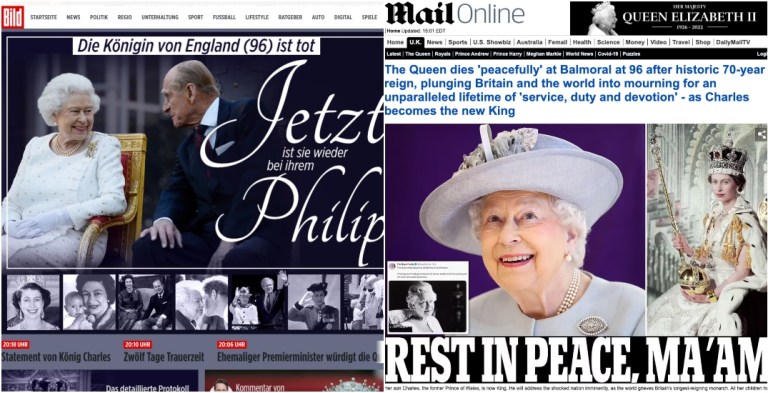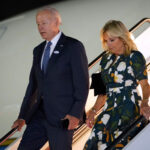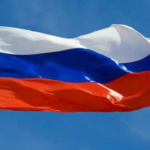By Nirmal P. Acharya
This past week, the biggest international news was the passing of Queen Elizabeth II, the longest-reigning British monarch whose rule spanned seven decades. Today, as I walked into the Ambassador Hotel for a cup of afternoon tea, the British Embassy right across the street from our Narayanhiti Palace, reminded me of the state visits the Queen made to Nepal. During all her two visits, she firmly backed Nepal’s independence and sovereignty, though Britain is thousands of miles away from Nepal.
Nepal has never been under the political dominance of British people, however, the English language has a strong influence on Nepalese people. Many buildings with British elements can be seen all over the streets and the British style of breakfast and afternoon tea defines the casual atmosphere of Kathmandu. Somehow, the ambience of the power of the British Empire in the past can be strongly felt.
Back in the day, the British Empire was invincible in its global colonization conquering everything and ruling the entire Indian subcontinent for 200 years. Our engagement as nations began rather unpromisingly with war, but backed by the Himalayas, the tiny nation Nepal displayed great courage and wisdom to repel the colonizers in safeguarding national sovereignty and territorial integrity.
History demonstrates that Nepal’s monarchy never hesitated to shed blood and fought several wars and successfully defended her independence and sovereignty. Besides having many negative consequences, those wars helped to build a sense of national pride, fraternity, harmony, and community, facilitating the peaceful coexistence of the diverse cultural and ethnic groups in Nepal.
Unfortunately, today, our generation has already forgotten those historic facts along with those heroic figures and the deeds of our ancestors. Hundreds of years ago, our ancestors shed their blood and sacrificed their lives to escape the fate of being colonized, yet today, we have not been able to come out of the state of “confusion”. Where does our country go from here?
After all, today’s so-called democratic politicians of Nepal have signed the MCC and surrendered their sovereignty without even the threat of guns. Inefficient political leaders and their inability to build and safeguard a nation are testing the patience of the people. There is no excuse not to be deeply suspicious of the Western democracy in Nepal.
National sovereignty must reside exclusively with and in the nation, however, it is obvious that the hazy political scenario in Nepal, infighting among and within the political parties and their greater emphasis on self-interest at the expense of national interest have brought the nation to the brink of an impending political disaster and disintegration. And, with the signing of MCC the symbol of Nepal’s sovereignty has disappeared as sovereignty can never accept a partnership in terms of any form.
Next month, or even next week, the Queen’s death won’t be a big news story. The topic of Scottish independence or the break-up of the United Kingdom could easily replace the big news story. As a matter of fact, the Queen has always been the symbol of British sovereignty and with the disappearance of this symbol of sovereignty brings the real and urgent danger of disintegration to the British Empire.




